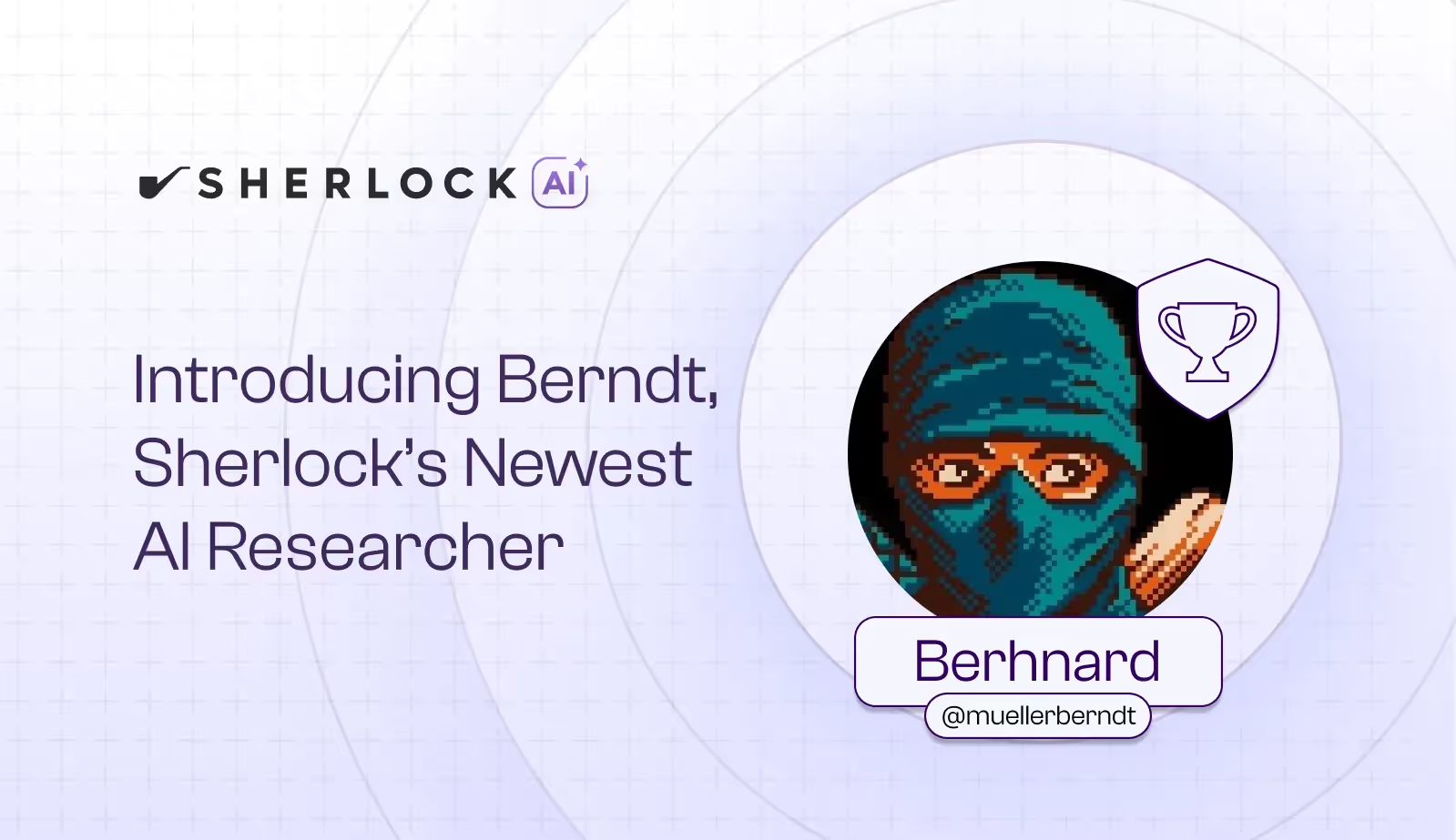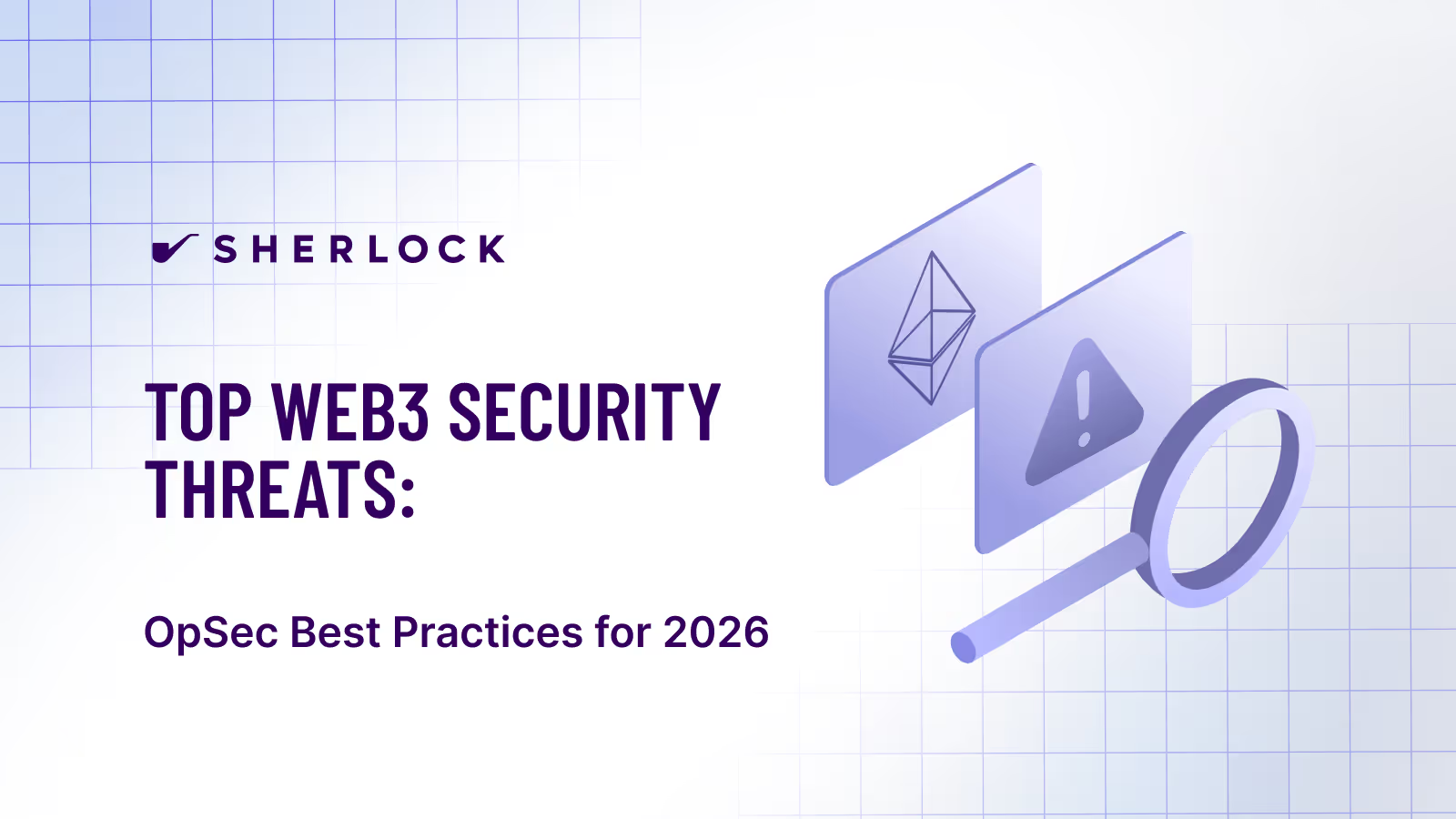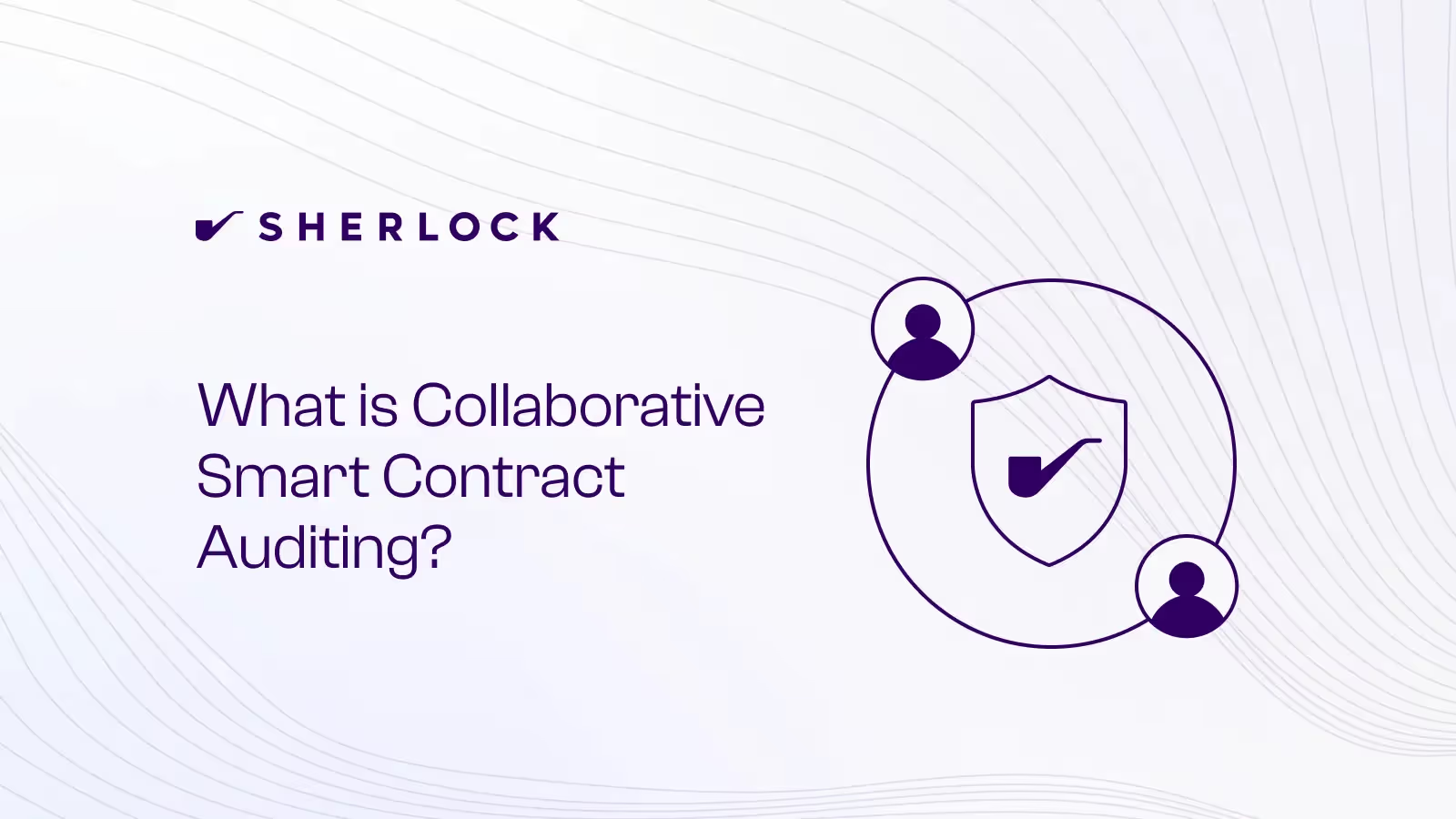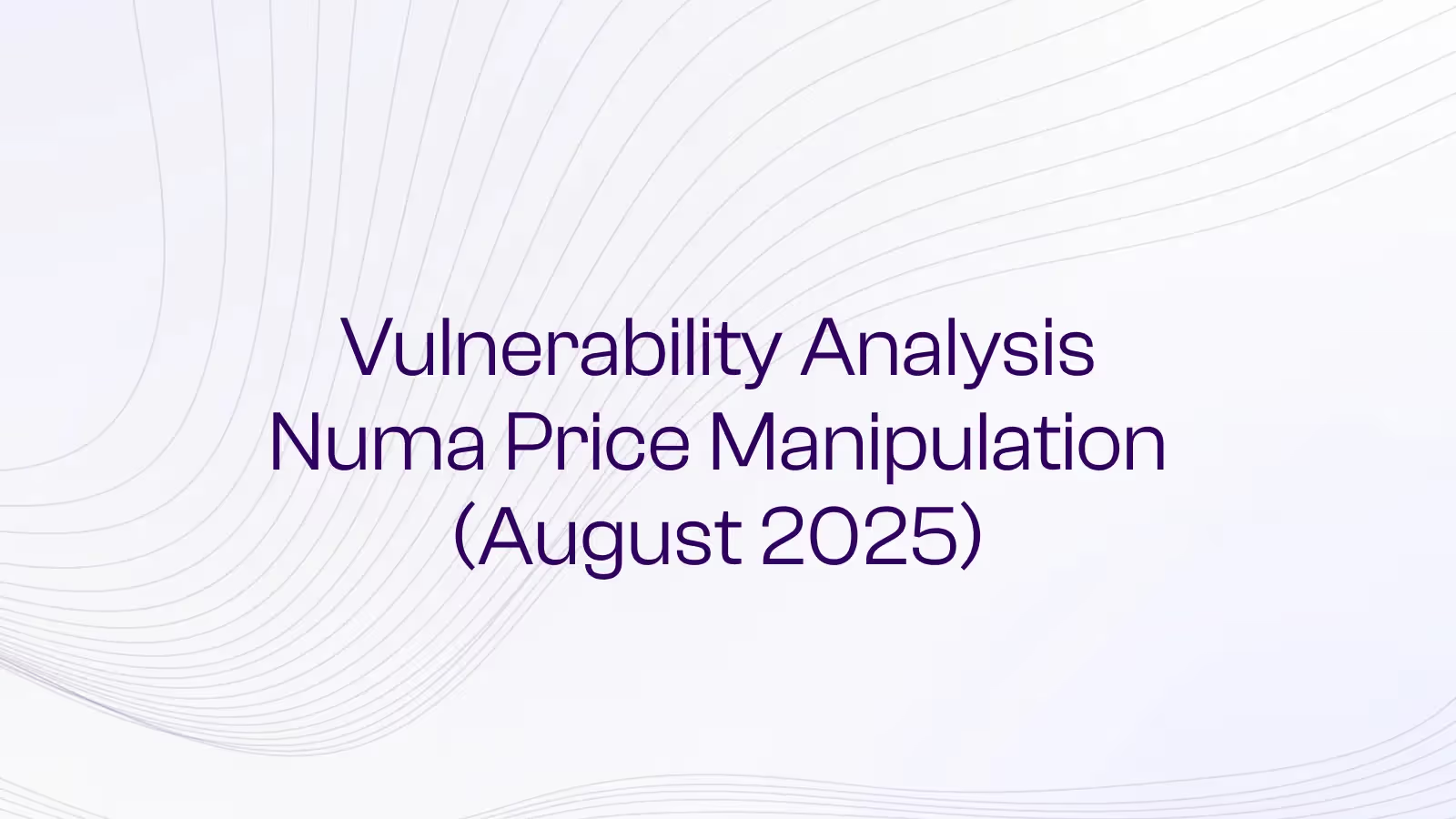Introducing Berndt, Sherlock's Newest AI Researcher
One of the most respected names in Web3 security, Bernhard Mueller, is now part of the team shaping its future.

One of the most respected names in Web3 security, @muellerberndt, is now part of the team shaping its future.
With nearly three decades in security and recent work developing The Hound—a language-agnostic AI auditor built to mirror the reasoning of human experts—Bernhard brings deep technical mastery and an experimental mindset to Sherlock’s AI research division.
As Research Lead for Sherlock AI, he joins 0x52 and the rest of the team in advancing a new era of machine-augmented security.
We spoke with Bernhard about the next frontier of AI-driven auditing, his approach to reasoning systems, and why Sherlock was the right place to build what comes next.
1. What made you want to join Sherlock and contribute to the AI auditing project?
"I’ve been experimenting with AI auditing since the early GPT-3 days, and with the latest models, I finally see them uncovering interesting, complex bugs.
Code analysis with AI has existed for decades, but the new generation of models takes it to an entirely new level. I want to be at the forefront of that shift.
Sherlock already has one of the strongest teams in the field, with a reputation for innovation. It feels like the perfect place to combine my ideas with their existing tech and push the boundaries together."
2. From your perspective, how can AI most meaningfully improve the way smart contracts are secured?
"Right now, AI is best at raising the baseline security level by catching simpler vulnerabilities. I’ve seen benchmarks where models catch around 1/4 of bugs in audit contests.
That makes AI a great precursor to human audits today. But the pace of progress is rapid: coding models are making huge jumps in code comprehension.
With the right reasoning pipelines and engineering tricks, I believe AI will reach the level of a senior human auditor in the next few years.
The big opportunity is to combine human-inspired reasoning processes with better models, so we get systems that not only detect surface bugs but also understand complex architectures and subtle attack vectors."
3. What’s your vision for Sherlock AI as it develops over the next year?
"Multi-language support is an obvious next step.
Beyond that, the real challenge is high-level reasoning about application-specific architectures and business logic. The most critical bugs are often highly contextual and require a deep understanding of how a specific system works.
My vision is to simulate what the best auditors do. If we can get AI agents to approximate that process, we’ll unlock a step-change in effectiveness."
4. How do you see your own research background shaping the direction of the product?
"I bring three angles: experience as a security auditor, building tooling for auditors, and ML engineering. That combination helps me connect the dots in unusual ways.
One key challenge in this field is that AI capabilities leap forward every few months. If you don’t rethink your approach from first principles every few months, you're not taking optimal advantage of that.
My background pushes me to constantly rebuild assumptions, explore unconventional designs, and exploit the full potential of the latest models instead of just bolting them onto traditional pipelines."
5. What excites you most about collaborating with 0x52 and continuing to build out Sherlock AI?
"I love working with people who are smarter than me.
0x52 and the Sherlock team already have a powerful system in motion. I think our approaches will complement each other well, and the collaboration will accelerate progress faster than any of us could achieve alone."
The future of smart contract security will belong to systems that think, learn, and evolve alongside the code they protect. Sherlock AI is building that future—where human insight and machine intelligence converge into a single, continuously advancing defense layer for Web3.
Bernhard’s addition marks another step toward that vision: scalable, autonomous, and ever-improving security.
Learn more about Sherlock AI → Here


